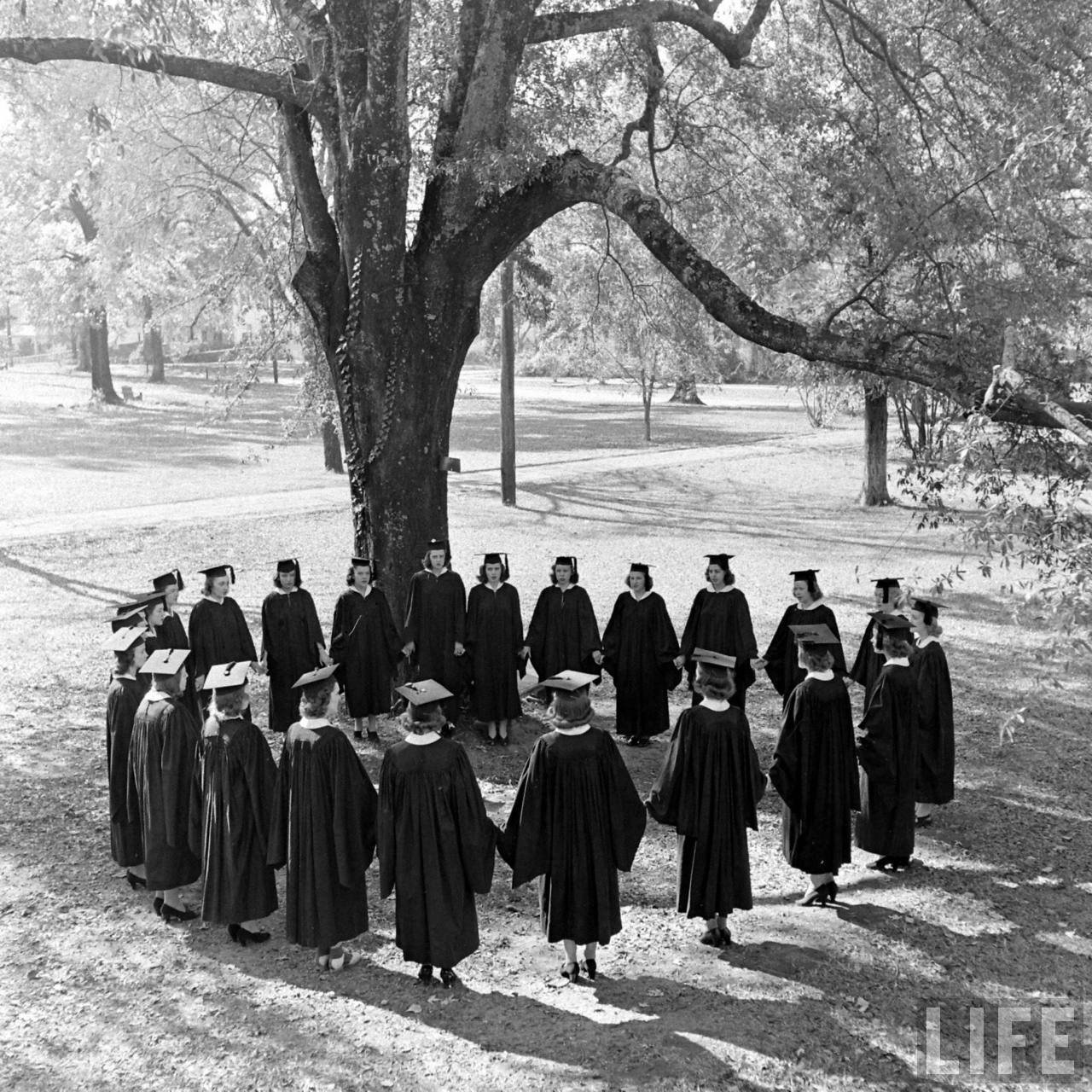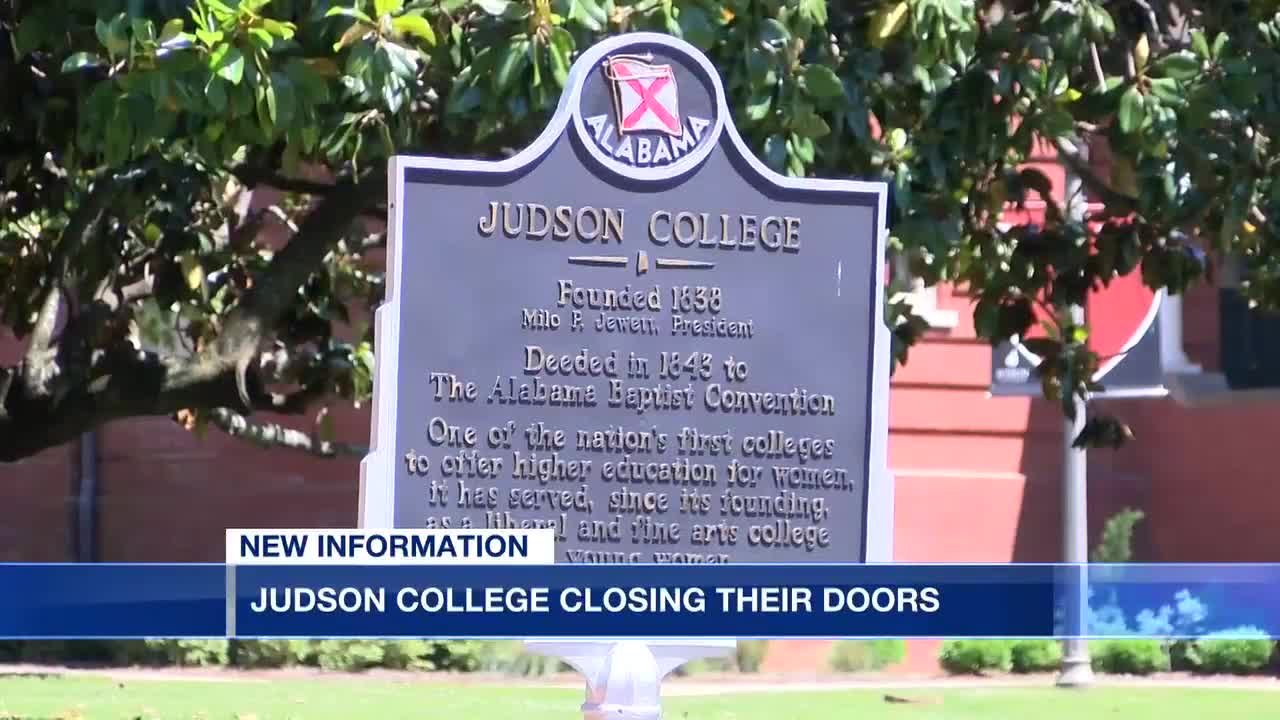
Judson History para: May 6, 2021
The beginning…
In 1838, at a time when formal education for women was rare, several people of extraordinary faith and vision garnered support for a school for young women in Marion, Alabama. Businesswoman Julia Tarrant Barron and General Edwin Davis King, with the support of other members of Siloam Baptist Church, enlisted the help of Dr. Milo P. Jewett, a recent graduate of Andover Theological Seminary, who had come to Alabama with the goal of establishing a school for young women that would provide them with the same quality of education that young men received at Harvard and Yale.
“We must give our girls as great opportunities as we give our boys.”
Education, they believed, should provide young women with opportunities to discover and develop their God-given intelligence and talents, and then to feel a deep responsibility to make choices that would glorify God and benefit society. The ideals were expressed in a definite code of manners and morals, conduct and dress contributing to the common statement,
“A Judson girl is distinguishable wherever found.”
The founders chose to name their school The Judson Female Institute after Ann Hasseltine Judson, the first American woman to serve as an international missionary, whose life they believed embodied the principles better than any other woman of their time.
Classes are now in session!
Judson first held classes on January 7, 1839. The nine students who attended met in a home rented by Julia Barron. Barron also gave the new school a nearby piece of land where Judson has stood since 1840 when a grand, four-story building was constructed. A year later, the Alabama legislature granted Judson an official charter of incorporation.
From its earliest days, Judson alumnae were known as women who, led by their deep faith and their refined intellect, worked to improve their world. Caroline Frances Smith, who became Judson’s first graduate in 1841, was later known for her efforts to improve conditions for enslaved people and factory workers. Emera Frances Griffin (Class of 1860) became a suffragist and temperance leader so widely known that she was invited to speak at Alabama’s 1901 Constitutional Convention, making her the first woman to address a legislative body in the state.
Judson survived the Civil War, Reconstruction, a smallpox outbreak, and the loss of its main building to fire in 1888. Construction of a new and impressive Jewett Hall, named after the first President, began in 1889. A time of growth and expansion followed, and, in 1904, The Judson Female Institute changed its name to Judson College.
Judson students, faculty, and staff members demonstrated both their patriotism and benevolence during World War I and World War II. In 1914, Judson students contributed their Christmas money to funds raised by College employees to benefit people suffering in war-torn Belgium. On December 8, 1941, Judson students listening to a radio in the college chapel heard President Franklin D. Roosevelt announce that war had been forced on America by the Japanese attack on Pearl Harbor. Many Judson students and graduates served their country during WWII, including Atomic City girl Jane Greer Puckett ‘42, and many others who volunteered as WACS, WAVES, nurses, and Red Cross workers.
In 1947, Judson suffered the loss of its second Jewett Hall to fire, and with only 50 days to erect temporary housing, faithful students returned to campus. As then JC President Dr. Riddle stated,
“Judson has no sons, only daughters; but they are lovely. They have blessed their generation just as you will bless yours.”
The third magnificent Jewett Hall was erected and by the mid to late 20th century, academics were at an all-time high with many Judson students graduating with full degrees in only three years and receiving acceptance to medical and law schools and other graduate programs with ease. The arts continued to flourish on campus with its rich traditions and various athletic programs and the expansion of the equine program provided more unique opportunities for students.
In 2005, Judson established its Office of Faith-Based Service and Learning to further reflect its students’ commitment to serve the people in their community and the world. Through FBSL initiatives and service projects, 21st-century Judson students followed the example of Christ (and their college’s namesake) and made a profound difference in the lives of their neighbors in Perry County, Alabama, and beyond.
“In every ending there is a new beginning.”
In December 2020, financial difficulties resulting from declining enrollment, the recession of 2008, and the COVID-19 pandemic came to a head, beginning a months-long period of uncertainty for the Judson community. Though the college launched multi-million-dollar emergency fundraising efforts over the next few months, the funds needed for the college’s continued operation ultimately failed to materialize.
On May 6, 2021, the Judson College Board of Trustees voted to close the college. Judson suspended its academic operation July 31, 2021.
For 183 years, the women of Judson College have made a significant impact on the world outside Judson’s halls. Judson’s mission of educating and empowering women to use their gifts, for the good of others to the glory of God, is still advanced through each graduate’s life and will continue to make an impact in the world after Judson through the Judson Legacy Project initiatives.
Historical information cited from the Judson College website 2021; Judson College Bulletin 1923; and other contributors.









